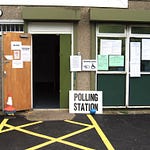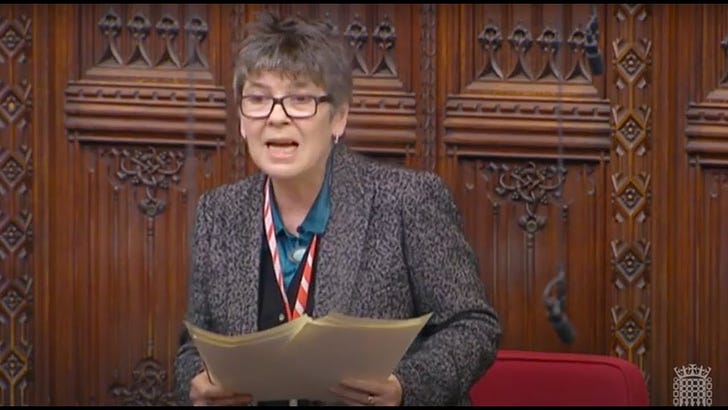In official terms, ‘the vulnerable’ used to be narrowly defined by the 1995 Care Commission report as referring to people in extreme circumstances, like the homeless, or those unable to look after themselves mentally or physically. Today, however, it is the term of choice to describe anyone and everyone deemed to be in need of sympathy, especially those hit by government cuts – ‘a savage attack on the most vulnerable members of our society’, etc - but also much more widely.
The unemployed are vulnerable to depression; women are vulnerable to ‘everyday sexism’; immigrants are vulnerable to trafficking or even slavery, not to mention FGM; teenage girls are vulnerable to body-image issues; and teenage boys are vulnerable to being warped by pornography. A coroner recently called on the Ministry of Defence to review its care for vulnerable soldiers at risk of suicide and bullying. Meanwhile, more radical campaigners increasingly seem to see ‘vulnerability’ as a collective condition affecting just about everyone under rampageous capitalism.
Solutions invariably involve calls for more support and protection for those deemed vulnerable. Nurseries, schools and universities create new systems and activities to support growing numbers of these deemed ‘vulnerable’ – often merely by dint of youth – aiming to ‘build resilience’ and develop ‘survival strategies’. Politicians have called for teacher training to include methods for helping children develop ‘grit, determination and the ability to work in teams in challenging circumstances’. The All-Party Parliamentary Group on Social Mobility has said schoolchildren should be taught character and given the resilience and determination to overcome setbacks in life.
But can grit and determination really be taught? Or does a preoccupation with vulnerability actually threaten to sap our resilience, making us dependent on external support? If we begin by defining ourselves and others as powerless, how can we hope to change the conditions that undermine material, physical and mental well-being? And with so many labelled vulnerable, how do education and welfare professionals differentiate between competing claims and judge how to allocate scarce resources?
SPEAKERS
Debora Green head of student support and wellbeing; University of Sheffield
Jen Lexmond director, Character Counts
Dr Mark Taylor deputy head of school, Addey and Stanhope comprehensive school; London convenor, IoI Education Forum
Professor Sir Simon Wessely head, department of psychological medicine, Institute of Psychiatry, King's College London; president, Royal College of Psychiatrists
CHAIR Kathryn Ecclestone professor of education, University of Sheffield; author, Governing Vulnerable Subjects in a Therapeutic Age (forthcoming)










